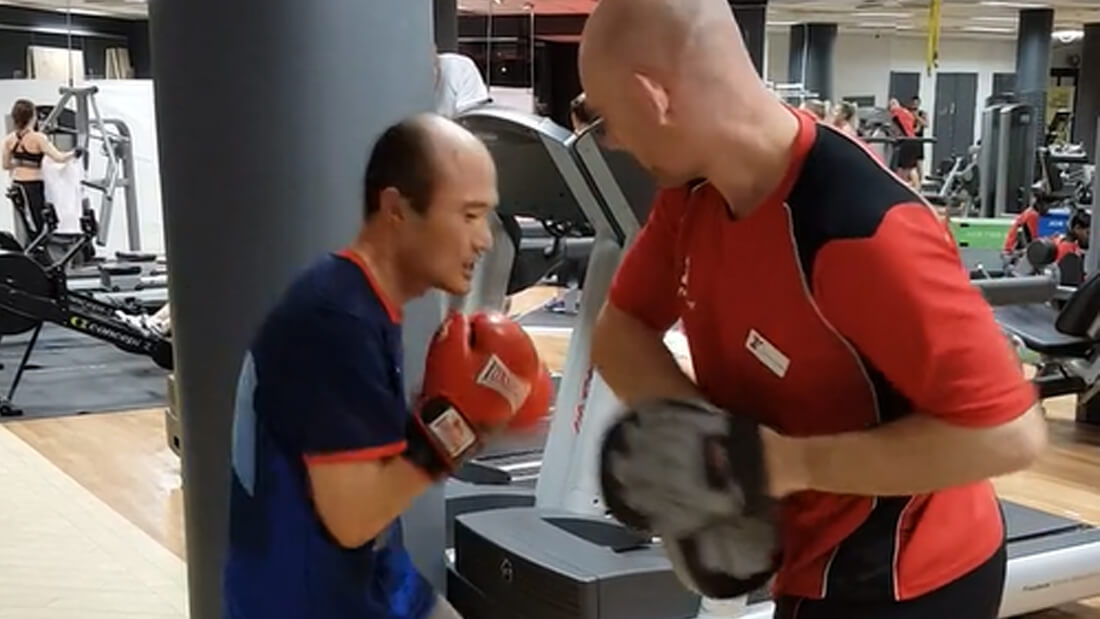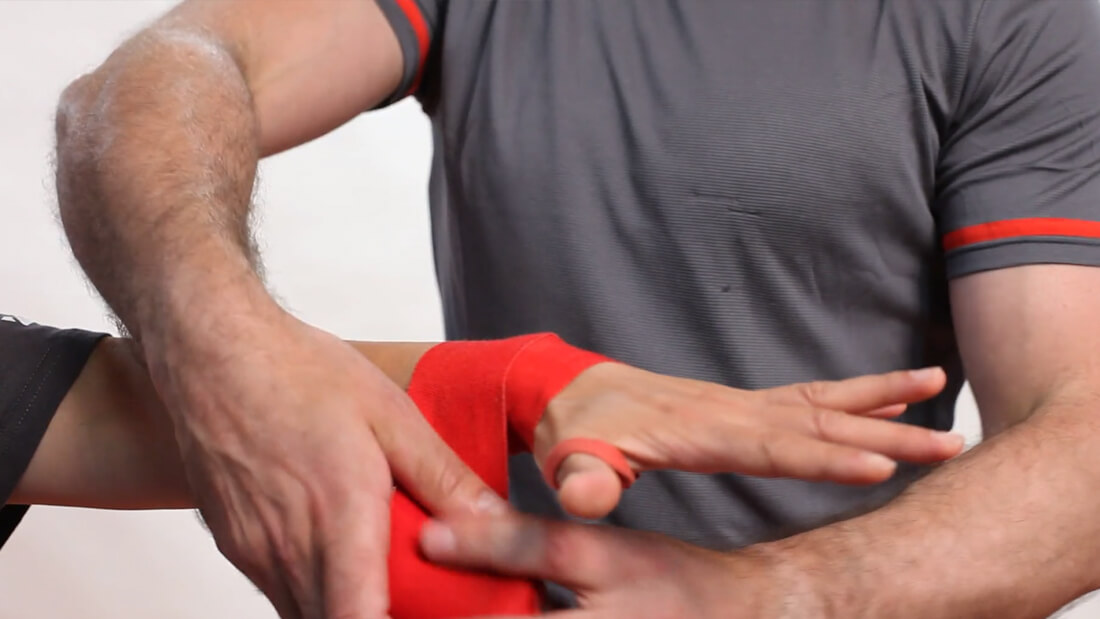Moving for Mental Health
Regular exercise is increasingly recognised as an important pillar of good mental health.
1 in 4 people will experience a mental health problem of some kind each year in England, 1 in 6 people report experiencing a common mental health problem (like anxiety and depression) in any given week in England.
Recent research has highlighted that rather than being incidental, exercise benefits have clear neuro-physiological mechanisms that suggest physical activity exerts positive effects on mental well-being that may outweigh those of common medications. We are starting to realise that movement is profoundly integrated into brain health and that the absence of activity from our lives can be damaging to our mental health.
The last decade has seen increased awareness of mental health. There is greater acceptance of mental health as a health issue that should be discussed rather than stigmatised. The Covid-19 pandemic had a major impact on the mental health of many people and fuelled wider debate around mental health across all forms of media.
According to the mental health charity Mind, “1 in 4 people will experience a mental health problem of some kind each year in England 1 in 6 people report experiencing a common mental health problem (like anxiety and depression) in any given week in England.”
There can be a tendency to think about mental health as something that is either working or broken but that can be an unhelpful view. While some people may experience serious mental health conditions an approach which is protective and preventative to mental health can be beneficial for most of the population. Exercise and activity are integral to this approach.
It can be useful to imagine mental health as being a continuum with an imaginary Ideal point in the middle. This Ideal or “I” point is where optimal mental health theoretically sits. The stresses and strains of life will inevitably take us further away from ideal but how far we move will depend on our resiliency and ability to cope.
Big life events like bereavement, serious illness, financial hardship, or substantial trauma will always have the potential to shift us more dramatically on the continuum. Smaller events like work deadlines, time pressure and day to day relationships will have less effect but also the potential to accumulate or to become more significant.
For people that suffer with more severe mental illnesses well intentioned advice to exercise can seem simplistic and fail to address what is often a complex array of problems. We should try to move away from the idea of exercise as a magic bullet and instead try to understand the fundamentals of the relationship between brain and body and how physical activity has the power to influence and shape this relationship.
Activity is far from the only strategy effecting in improving mental health parameters, sleep, good nutrition, socialising, talking therapies mindfulness and meditation can all play an important role but movement has an interconnection to many of these elements.
Movement is hard-wired into the human brain, and it has even been suggested that movement complexity is the driving force in the evolution of the brain. Exercise can exert a rebalancing influence by influencing our patterns of neurotransmission and hormonal secretion. Physical activity increases blood flow to the brain, enhancing neuroplasticity, boosting mood, and improving sleep quality.
One good example of the neuro specific effects of exercise is the link between vigorous exercise and pathways for key neurotransmitters GABA and Glutamate which are commonly found to be depleted in the brains of people with major depressive disorders. A study published in the Journal of Neuroscience (2016) found that exercise helped to replenish GABA and Glutamate within the brain. This restoration of GABA within areas of the brain can help to protect against anxiety and enhance feelings of calmness.
Movement can also modulate the neurochemical and hormonal changes that occur as a result of the body’s stress response. We react to stressful events by secreting increased amounts of the powerful hormone cortisol which in turn leads to heightened release of adrenaline and activation of the sympathetic nervous system leading to the state of “fight or flight.”
While cortisol is an extremely useful hormone which helps to reduce inflammation, moderate pain, and mobilise energy stores, the triggering of our stress responses on a repetitive basis can pose a problem. Cortisol plays a significant role in sleep and wakefulness, typically rising in the morning and falling in the evening. Peak cortisol levels coincide with our peak alertness and lower levels in the evening allow us to sleep. When cortisol levels stay high, sleep becomes more difficult.
A review conducted by the University of Stirling (2022) concluded that exercise modulated cortisol and sleep beneficially. The study found that light to moderate exercise was beneficial with activities like yoga, running, biking, and walking all considered effective. High intensity activities like weightlifting were effective when done earlier in the day utilising high morning cortisol levels and encouraging them to fall towards the evening.
The authors of the Stirling University study describe exercise as a “hormetic stressor” a stress which allows the body to adapt to and overcome stress more readily. While too much or too little stress can be bad, exercise enables us to find the physiological sweet spot helping us to exist nearer to own ideal spot on the mental health continuum.
Mental health can be hard to define, and it can change throughout life. The aim should be to build all round resilience so that we can cope with whatever live throws at us. Significant life events like bereavement or job loss will always exert pressure on our ability to cope and function but if we are robust in dealing with the day-to-day challenges then we are in a better position to survive and thrive. Embracing movement in all its forms is essential in any pro-active and preventative strategy for better mental health.
References
Richard J. Maddock, Gretchen A. Casazza, Dione H. Fernandez, and Michael I. Maddock “Acute Modulation of Cortical Glutamate and GABA Content by Physical Activity” Journal of Neuroscience.2016 doi:10.1523/JNEUROSCI.3455-15.2016
Len De Nys, Kerry Anderson, Esther F. Ofosu, Gemma C. Ryde, Jenni Connelly, Anna C. Whittaker, “The effects of physical activity on cortisol and sleep: A systematic review and meta-analysis,” Psychoneuroendocrinology, Volume 143, 2022.
For More Information on Mental Health
Mental Health Foundation https://www.mentalhealth.org.uk/our-work





